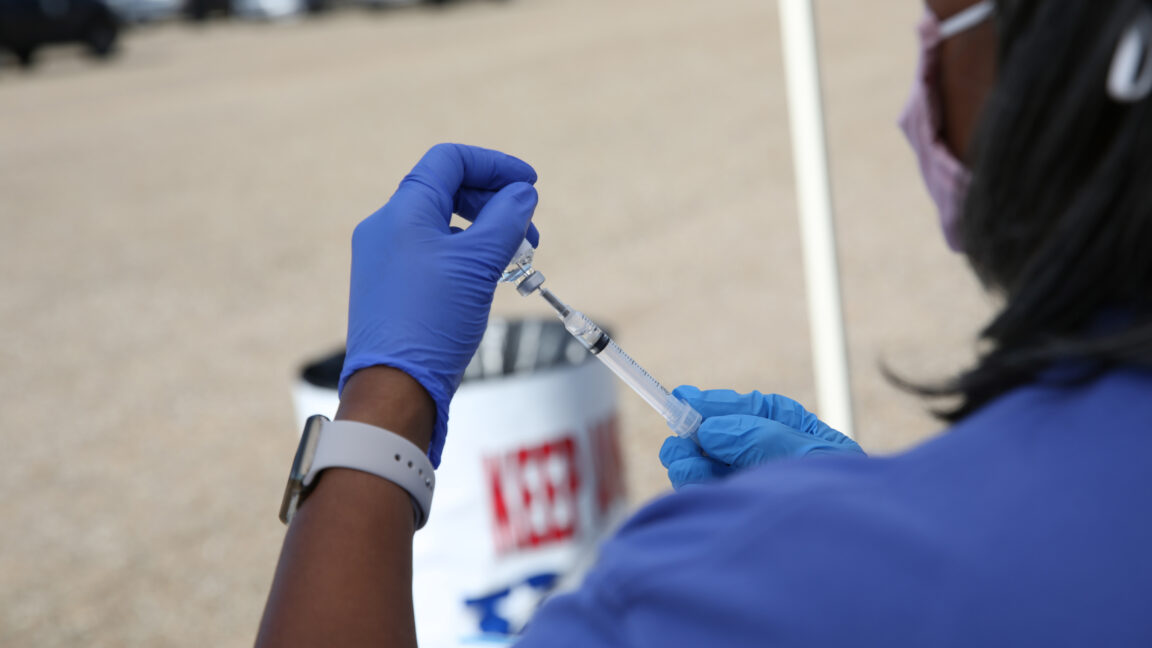FDA misses target date for releasing recommendations to make pulse oximeters more equitable


![]()
![]()
By Usha Lee McFarling and Lizzy Lawrence
Oct. 1, 2024
New guidelines to encourage device manufacturers to make pulse oximeters more equitable for patients with darker skin have not been released by the Food and Drug Administration, despite agency officials saying for months new suggestions would be issued by Sept. 30.
It has been nearly four years since a group of physicians published clear evidence that pulse oximeters, the widely used fingertip devices that measure blood oxygen levels and are crucial in emergency and critical care, often missed low oxygen levels in patients with darker skin. Since then, studies have found these inaccuracies led to patients with darker skin being less likely to receive life-saving treatment during the Covid-19 pandemic and being less likely to receive supplemental oxygen they need — which can lead to death and organ failure.
advertisement
The delay is frustrating many physicians who rely on the devices to gauge oxygen levels in extremely sick patients and know they are not working as well on their Black and Hispanic patients. “I should have had a better device by now,” said Theodore J. Iwashyna, a pulmonary and critical care physician and professor of medicine and public health at Johns Hopkins, who co-authored the December 2020 New England Journal of Medicine article that brought widespread attention to the issue. “How many more of my patients need to die before we fix this?”
STAT+ Exclusive Story
Already have an account? Log in


This article is exclusive to STAT+ subscribers
Unlock this article — and get additional analysis of the technologies disrupting health care — by subscribing to STAT+.
Already have an account? Log in
Monthly
$39
Totals $468 per year
$39/month Get StartedTotals $468 per year
Starter
$20
for 3 months, then $399/year
$20 for 3 months Get StartedThen $399/year
Annual
$399
Save 15%
$399/year Get StartedSave 15%
11+ Users
Custom
Savings start at 25%!
Request A Quote Request A QuoteSavings start at 25%!
2-10 Users
$300
Annually per user
$300/year Get Started$300 Annually per user
View All Plans
To read the rest of this story subscribe to STAT+.
Subscribe Log In FDA, Health Disparities, Medical devices Submit a correction requestReprints-

Usha Lee McFarling
National Science Correspondent
Usha Lee McFarling, a veteran science reporter based in Los Angeles, has written for STAT since 2015 and covers health disparities.
-

Lizzy Lawrence
FDA Reporter
Lizzy Lawrence leads STAT’s coverage of the Food and Drug Administration. She was previously a medical devices reporter.


Newsletter
Understand how science, health policy, and medicine shape the world every day









